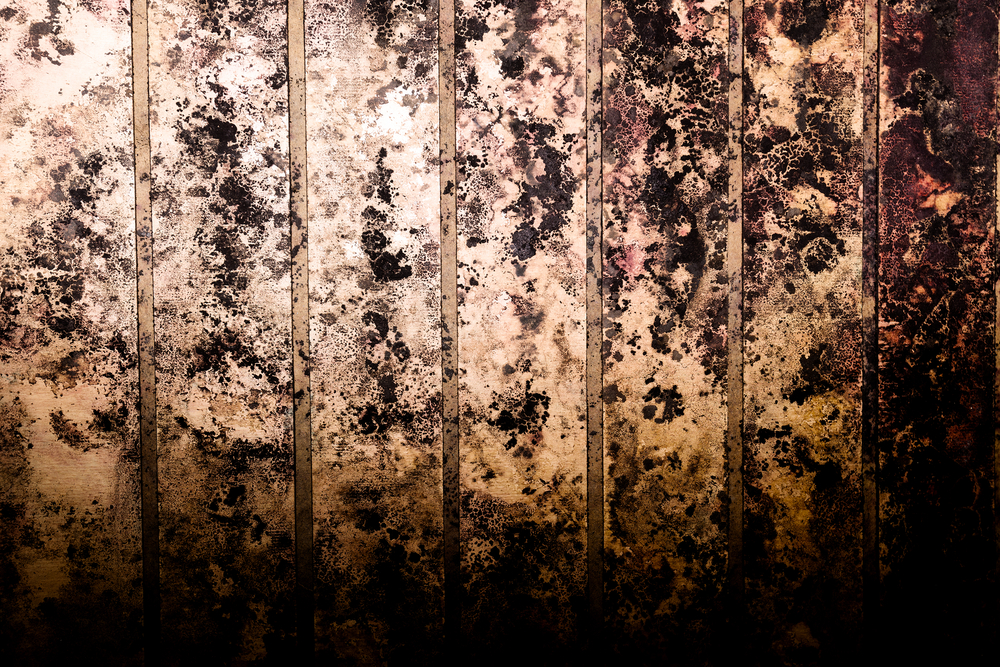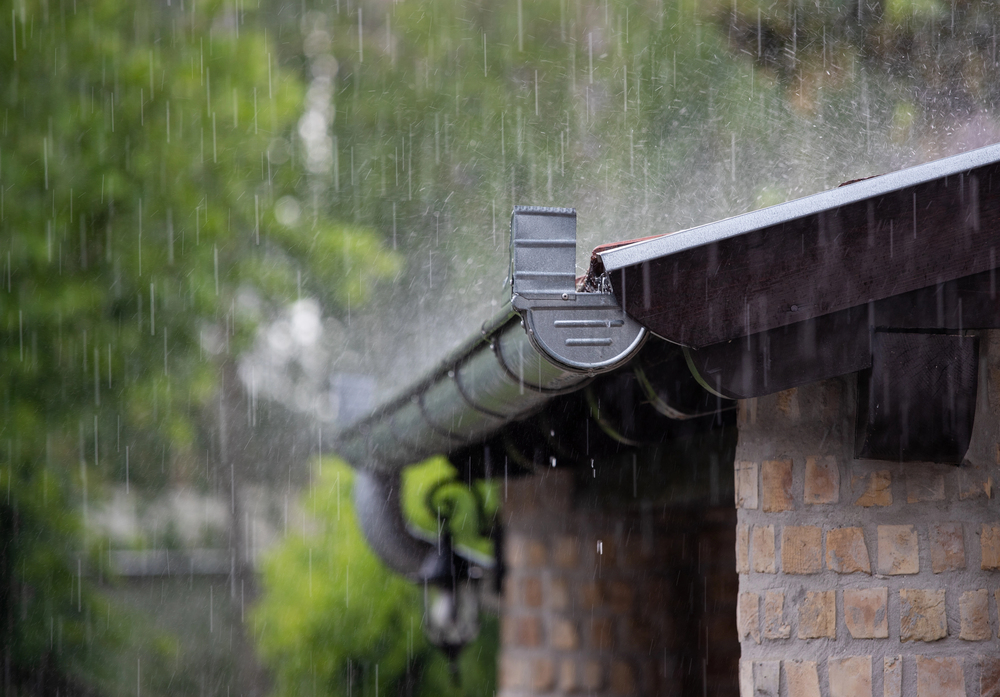Hidden Mold in Newly Purchased Home: Why Won’t the Carrier Pay?

By: Big “I” Virtual University Faculty
An insured purchased a home in November. Upon moving in, they wanted to update some flooring so they removed the baseboards and found hidden mold on a wall. The insured turned a claim into the insurance carrier, but it is going to deny it because the damage occurred before the insured owned the home.
Q: I told them that the mold was hidden and the insured was unaware of it. I thought the claim date would indicate the date the damages were discovered and show that they affected the home long before the insured purchased the home but the claim adjuster says I am wrong. Why can’t the insurance company pay for damages and subrogate against the prior homeowner?
Response 1: Biological deterioration and damage is provided only as an additional coverage and only up the limit stated on the declarations page. The form will state that the damage had to have occurred during the policy period. Since your insured just purchased the house, it sounds like the mold occurred before they owned the home, so I would have to agree with the carrier’s denial.
Subrogation is appropriate when a third party is responsible for damages or whose negligence caused damage. Subrogation would not apply here since the loss is not a covered loss. And simply owning the home before the insured purchased it does not necessarily make them responsible for everything that is discovered afterward. There are probably statutes that protect the seller in this situation.
Response 2: Homeowners insurance applies to covered losses that occur during the policy period. The insurer will not pay losses for which it is not liable and then try to subrogate. Your client will need to consult with a lawyer to determine if they have recourse against the seller, real estate agent or inspection company that inspected the house prior to the purchase.
Response 3: What covered peril caused the loss? The existence of the mold doesn’t mean that there is coverage. Coverage for mold and mold damage is dependent upon the cause of the mold or damage. Knowledge on the part of a seller cannot be assumed, even if water incursion or another possible cause was known. Perhaps an insured loss was addressed by mitigation activities.
I think the best bet might be to investigate the cause and assure that it has been addressed, and then decide to pursue or not pursue any claim based on the result of that investigation.
Response 4: The carrier is correct. Biological deterioration is defined to include mold and is excluded. The only exception to that exclusion is if the deterioration is caused by a covered cause of loss, which means the mold would have to have been caused during your insured’s policy period which started when they assumed ownership.
Your insured may have recourse against the home inspector if one was used. If there was no home inspection, your insured now realizes why one is necessary. They may also have an option of recourse against the prior homeowner if they somehow caused the damage, or against the realtor if the damage was known but not disclosed. This will probably end up being one of those surprises that home purchasers discovered post-closing.
This question was originally submitted by an agent through the Big “I” Virtual University’s (VU) Ask an Expert Service, with responses curated from multiple VU faculty members. Answers to other coverage questions are available on the VU website. If you need help accessing the website, request login information.










